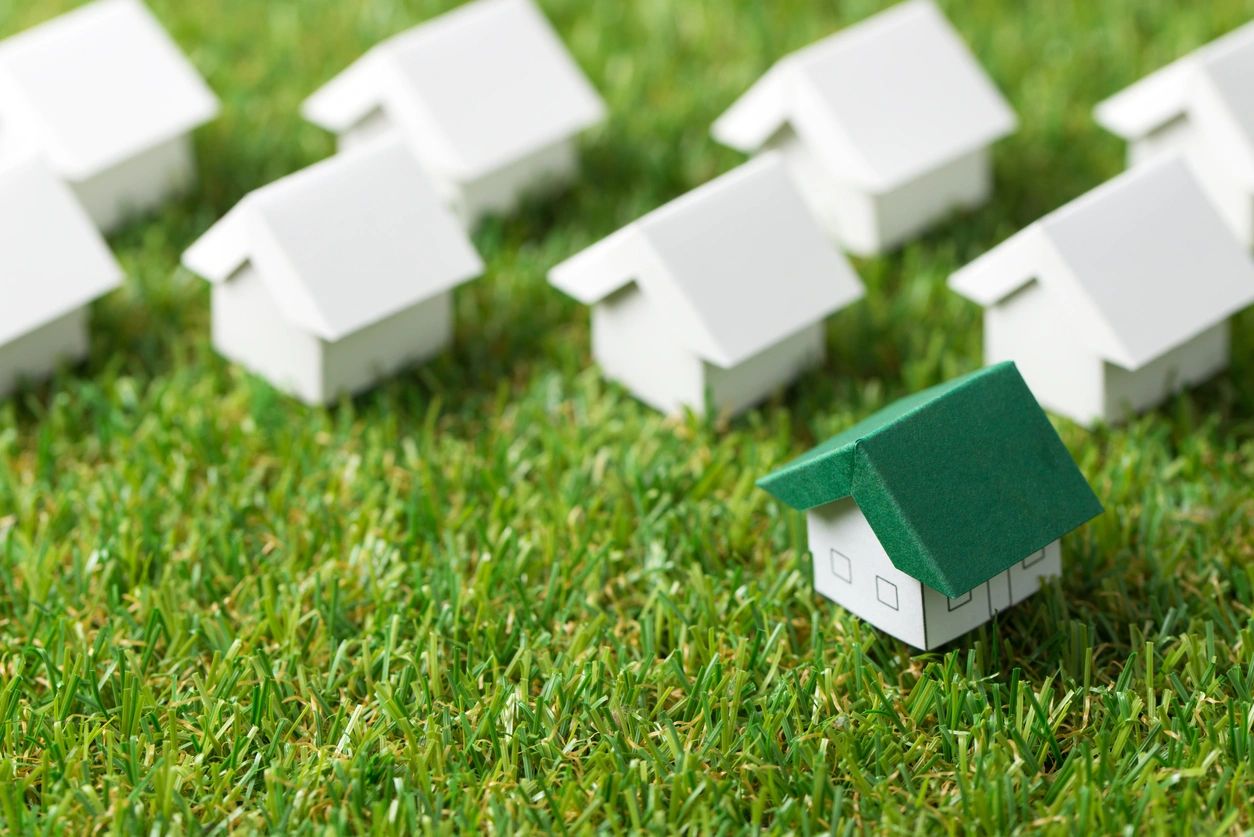If you’ve ever asked yourself, “How much is my house worth?” — you’re not alone.
It’s one of the most common questions homeowners in the UK ask, especially as property prices rise and fall in the news.
But here’s a perspective we don’t hear often enough:
👉 Your house isn’t really an investment — at least not in the way you might think.
In this article, we’ll explain why it’s important to see your home for what it is: a place to live, not a financial strategy. We’ll also cover the hidden costs, risks, and limitations that come with trying to extract value from your home — from stamp duty to equity release.
🏠 Your House Is a Home — Not a Stock
Yes, your home has value. It may go up (or down) over time. But unlike shares or savings accounts, it’s not something you can easily sell or cash out when you want to.
A home:
- Provides shelter and stability
- Grows with your family
- Has emotional and practical value beyond the price tag
Treating it only as an investment can lead to poor financial decisions — or disappointment if the housing market doesn’t perform the way you hoped.
💸 Property Isn’t Liquid
Let’s say your house is “worth” £300,000. That’s great — but you can’t buy groceries with bricks.
Property is an illiquid asset, which means:
- You can’t easily or quickly turn it into cash
- Selling takes months (and costs money)
- You still need somewhere to live after
Unlike investments you can sell in seconds, housing locks up your wealth, making it hard to use without big compromises.
🧾 Don’t Forget the Stamp Duty
If you’ve ever bought a house in the UK, you’ll know how painful stamp duty can be.
Depending on the property price, you could pay:
- £2,500+ on a £250,000 home
- Even more if it’s a second property or you’re moving up the ladder
And when you sell? You’ll likely face:
- Estate agent fees
- Legal fees
- Moving costs
All of this eats into the so-called “profit” from your house. So even if your home goes up in value, it may not actually make you richer in real terms.
🏚️ The Buy-to-Let Boom — And Its Downsides
Buy-to-let properties are often sold as a way to make passive income and build long-term wealth. But they’ve had unintended consequences:
- They’ve pushed up prices in areas where first-time buyers are trying to get on the ladder
- Increased competition from landlords has reduced affordable housing stock
- Many buy-to-let landlords now face higher taxes and stricter mortgage rules
So while some have profited, the market has become harder to navigate — and has arguably made owning a home more difficult for many.
💰 “Releasing Equity” Isn’t Free Money
There are only a few ways to unlock the money tied up in your home:
1. Sell and Downsize
You sell your current home and buy a cheaper one — pocketing the difference.
- ❌ This often means compromising on space, location, or lifestyle
- ❌ Plus, there are more stamp duty and moving costs to factor in
2. Equity Release
You borrow against the value of your home, usually through a lifetime mortgage.
- ❌ You’ll owe interest, often compounded over time
- ❌ It reduces the value of your estate (bad news for your heirs)
- ❌ You could lose benefits if your savings suddenly increase
In both cases, you’re losing part of your long-term security for short-term access to money — and often with strings attached.
📉 What If House Prices Fall?
We don’t like to think about it, but house prices can go down. We’ve seen it before — and many experts believe prices are due for corrections in some areas.
If your home drops in value:
- You might be stuck in negative equity (owe more than it’s worth)
- It could delay your retirement plans
- You may not be able to move or refinance easily
Homes are not guaranteed to grow in value, and relying on them as your main financial plan is risky business.
✅ A Smarter Approach to Wealth
So, what should you do instead?
- Use your home as a place to live well and feel secure
- Build wealth in more flexible, diverse ways — like pensions, ISAs, and investing
- Keep your emergency fund and long-term savings separate from your home’s value
Your house can still be part of your financial picture — just not the whole thing.
🔍 So… How Much Is My House Worth?
If you’re curious about your home’s current value, here are a few tips:
- Check sold prices in your area on sites like Zoopla or Rightmove
- Use online valuation tools — but take them with a pinch of salt
- Ask a local estate agent for a no-obligation valuation
Just remember: your home’s “worth” on paper doesn’t equal cash in the bank. It’s still your shelter, your sanctuary, and maybe one day — part of your retirement strategy.
But it’s not your pension. And it’s not your plan A.
💬 Final Thoughts
Asking “how much is my house worth?” is a fair question — especially in uncertain times.
But the bigger question is:
Are you relying too heavily on your home to build your financial future?
At Smart Pounds, we’re here to help you take control of your money in smarter, more flexible ways — so you’re not banking on bricks alone.


